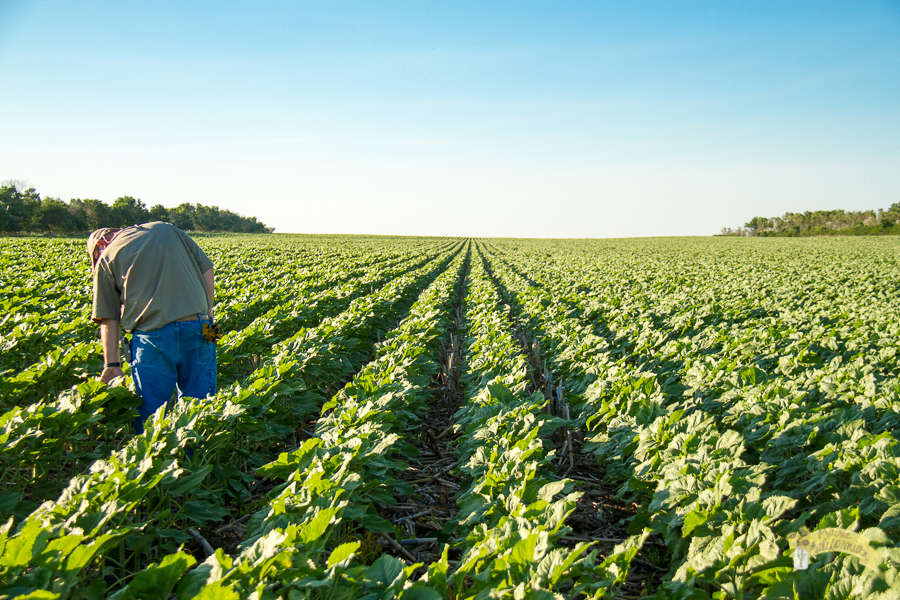
What's an agronomist?
An agronomist is an expert who applies scientific expertise and techniques into the administration and creation of crops. Agronomists get the job done in many different settings, from farms and ranches to govt agencies and private companies. They may also do the job in research laboratories or train at colleges and universities.
Most agronomists have at the least a bachelor's degree in agronomy or even a associated industry, for instance agricultural science or soil science. A lot of agronomists also have master's degrees or doctorates. The precise nature of the agronomist's occupation depends upon his / her specialty and employer.
Agronomists Perform a vital job in guaranteeing that crops are healthy and successful. They use their familiarity with plant science to develop means to enhance crop yield, battle pests and diseases, and conserve water and other resources.
The purpose of an agronomist
is to help the earth meet its escalating food generation requirements. Based on the read more U.S. Bureau of Labor Studies (BLS), employment for agronomists is predicted to grow a lot quicker than average, with openings as a consequence of progress and substitution needs.
The work of the agronomist
is challenging and satisfying, with agronomists click here often becoming involved with research and training.
The education and learning of an agronomist
Agronomists want a minimum of a bachelor's diploma in agronomy or similar field from an accredited university.
The way forward for agronomy
Agronomists help to ensure that the entire world's population has plenty of meals, and so they perform to further improve crop yields and decrease agriculture's effect on the natural environment. The BLS suggests that agronomists are in demand, but competition for Work is likely to become strong.
Summary
Agronomists are focused on the analysis of plants, and they perform in a number of fields, from agricultural investigation to boosting crops. Agronomists are essential to ensure that crops are produced for consumption, but they also help create biofuels and also other plant-based goods.